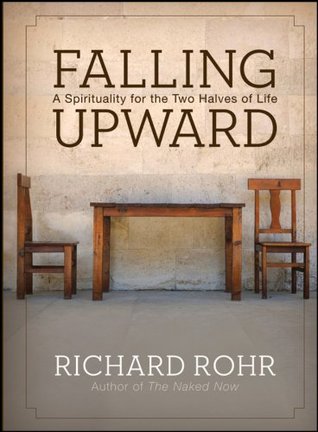There must be, and, if we are honest, there always will be at least one situation in our lives that we cannot fix, control, explain, change, or even understand. For Jesus and for his followers, the crucifixion became the dramatic symbol of that necessary and absurd stumbling stone. Yet we have no positive theology of such necessary suffering, for the most part. Many Christians even made the cross into a mechanical “substitutionary atonement theory” to fit into their quid pro quo worldview, instead of suffering its inherent tragedy, as Jesus did himself. They still want some kind of order and
...more
Here is an assertion that an "either/or" exists when in fact it is taught as a "both/and" in Scripture and in Christianity through the ages.
Unfortunately Rohr characterizes the cross that each follower of Jesus is supposed to take up and carry as a situation "that we cannot fix, control, explain, change, or even understand." When in fact it is an act of service and obedience to the One who redeems us.
The cross that Jesus carried was with purpose, on purpose: "Christ died for our sins in accordance with the Scriptures," Paul said in 1 Corinthians 15:3. Jesus said in Mark 10:45, "For even the Son of Man came not to be served but to serve, and to give his life as a ransom for many."
You might argue with the name "atonement theory" or with some of the specifics of what Jesus' death means as it is explained throughout history, but Scripture is clear that Jesus' death is a ransom. Jesus' death was not something that was beyond explaining or understanding. Jesus embraced the cross for us, purposefully. And he asks us to carry a cross as well.


